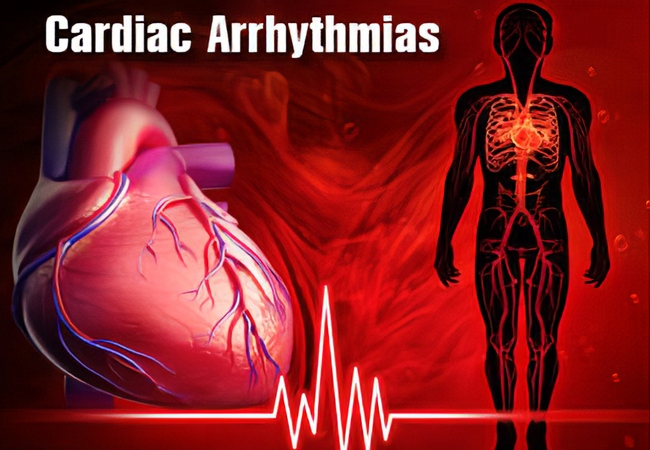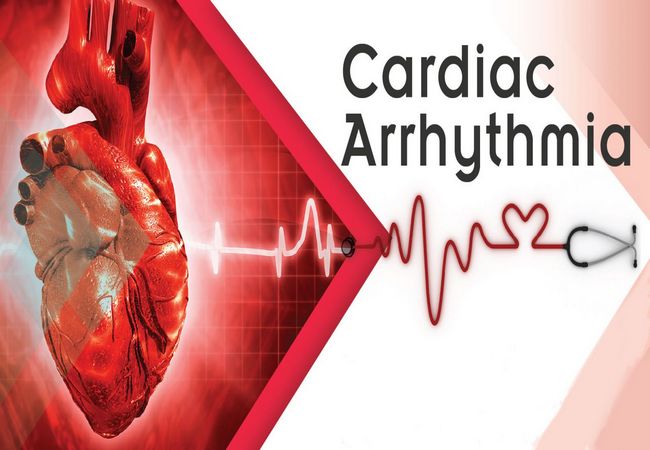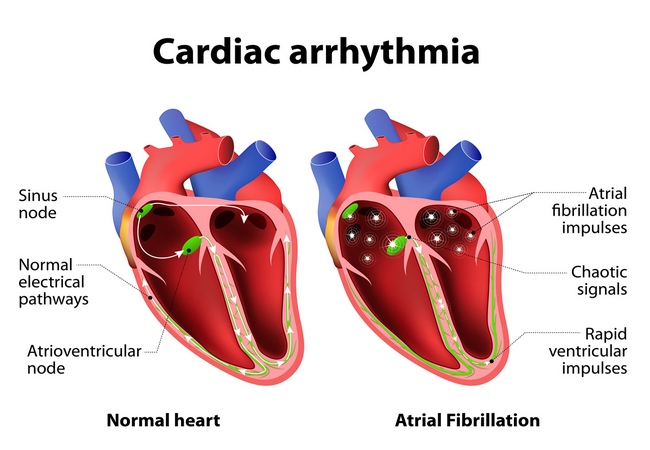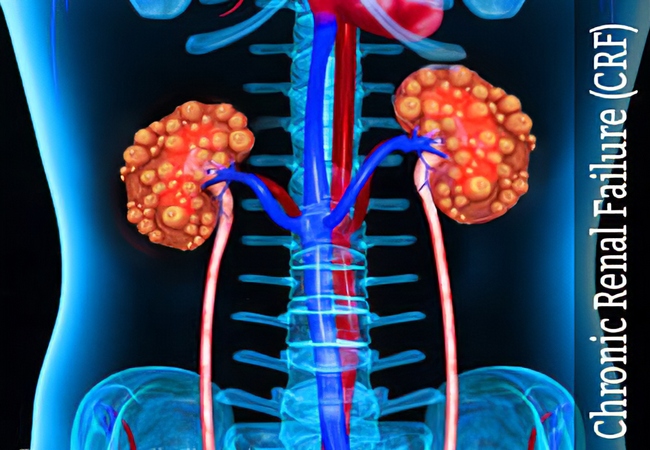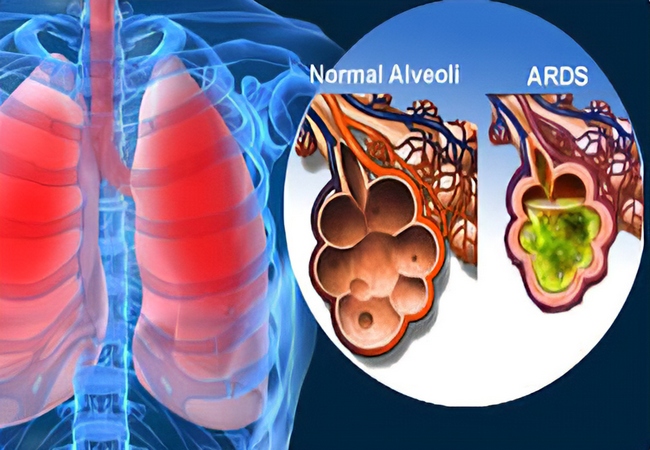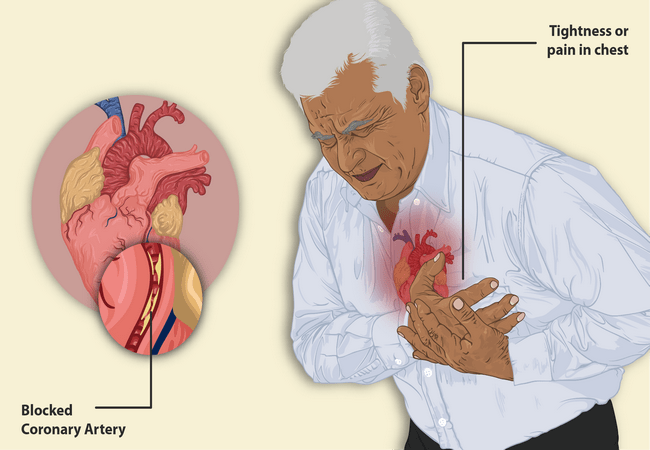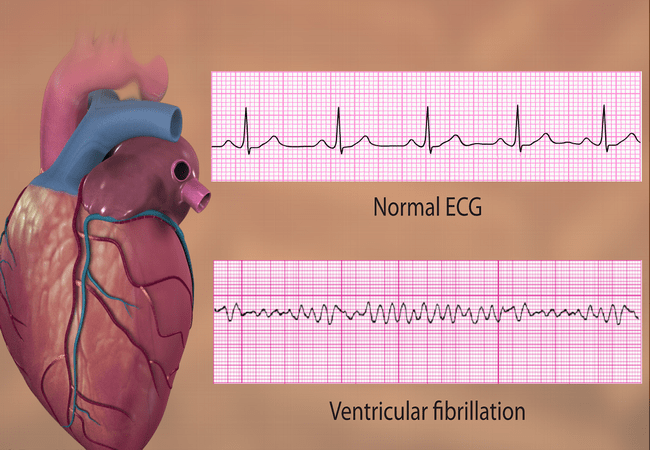How will You Evaluate a Patient with Cardiac Arrhythmia in the ICU?
Evaluation or Assessment of Cardiac Arrhythmia Patient in ICU: 1. Assess for and report signs/symptoms of cardiac arrhythmias (e.g. irregular apical pulse, adult pulse rate below 60 or above 100 beats/ minute, apical- radial, pulse deficit, syncope, and palpitations). 2. Reduce cardiac workload: Position patient to minimizes discomfort and facilitate respiration. Minimize anxiety with calm […]
How will You Evaluate a Patient with Cardiac Arrhythmia in the ICU? Read More »

